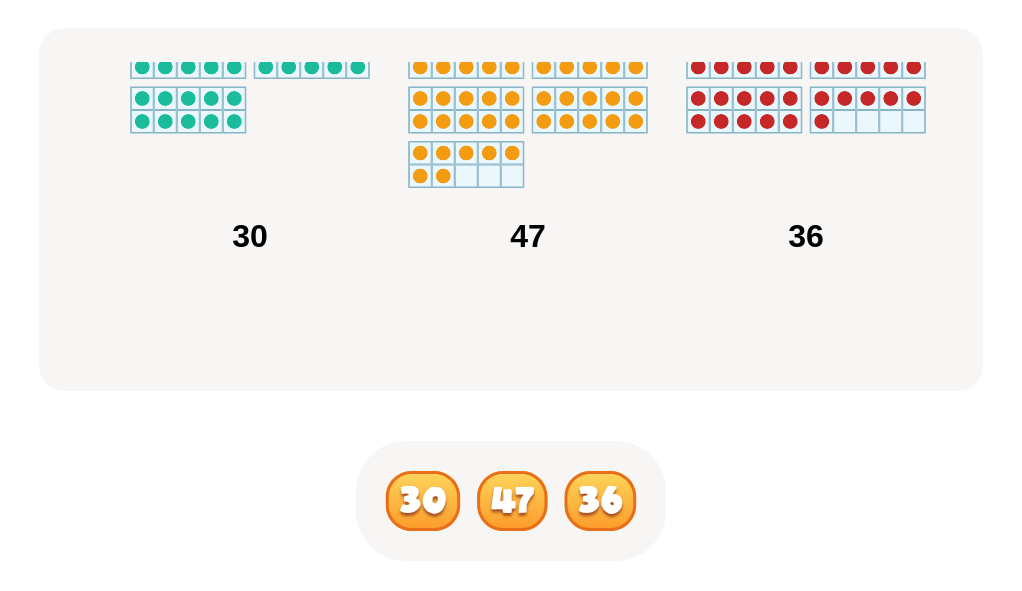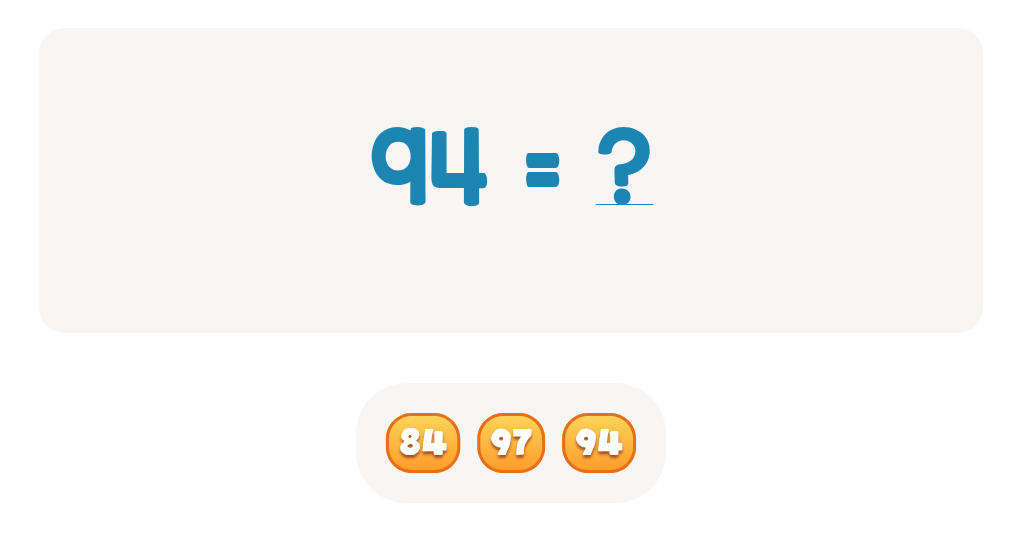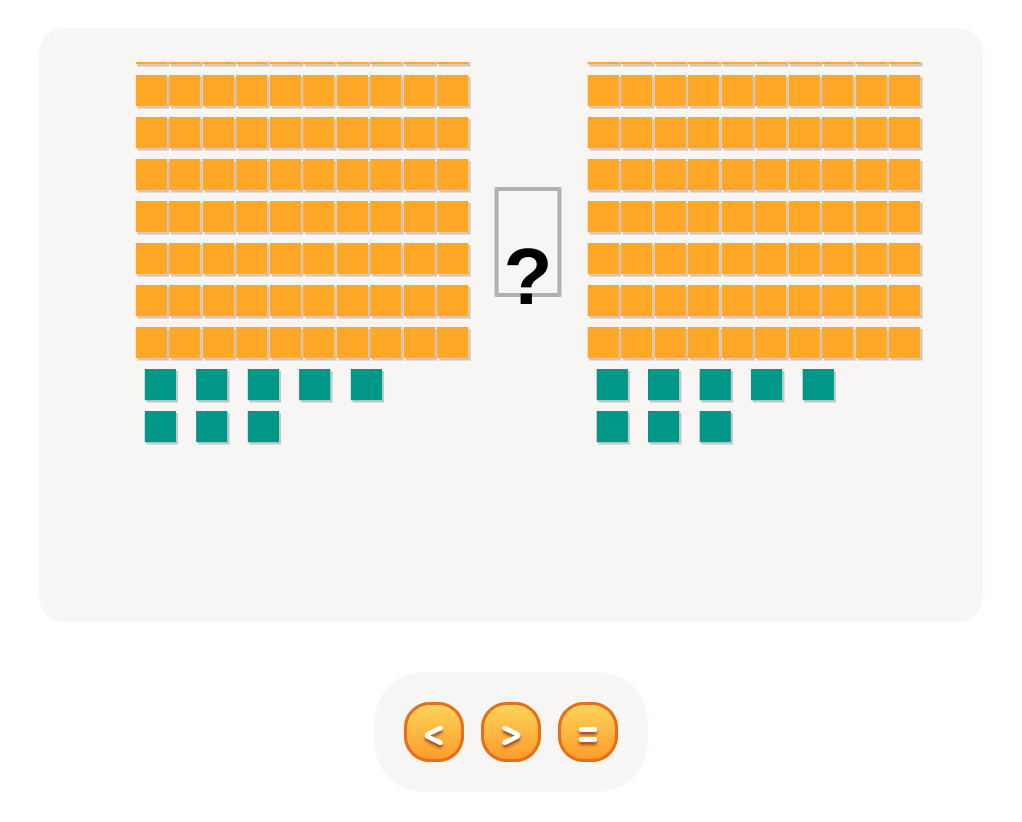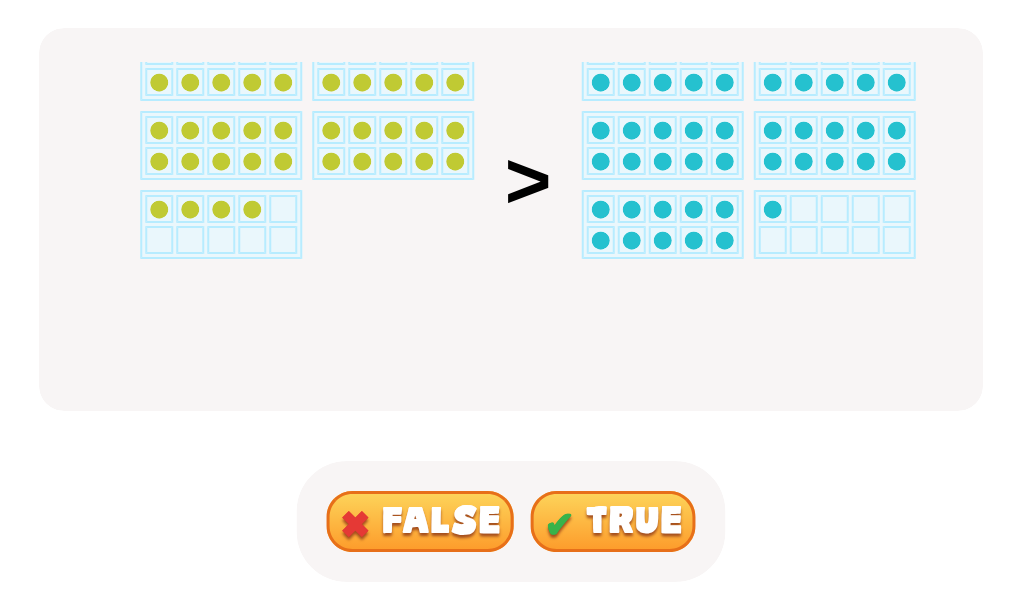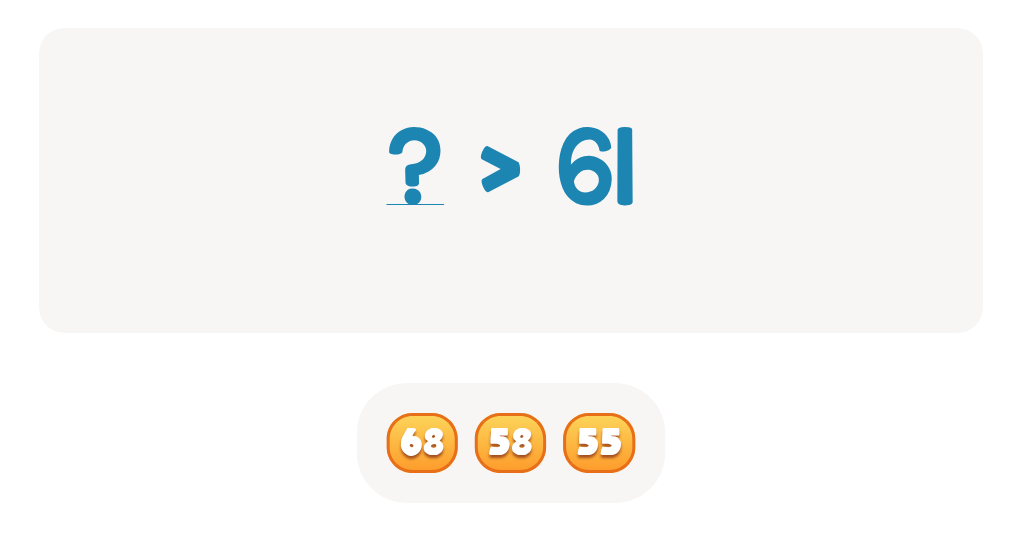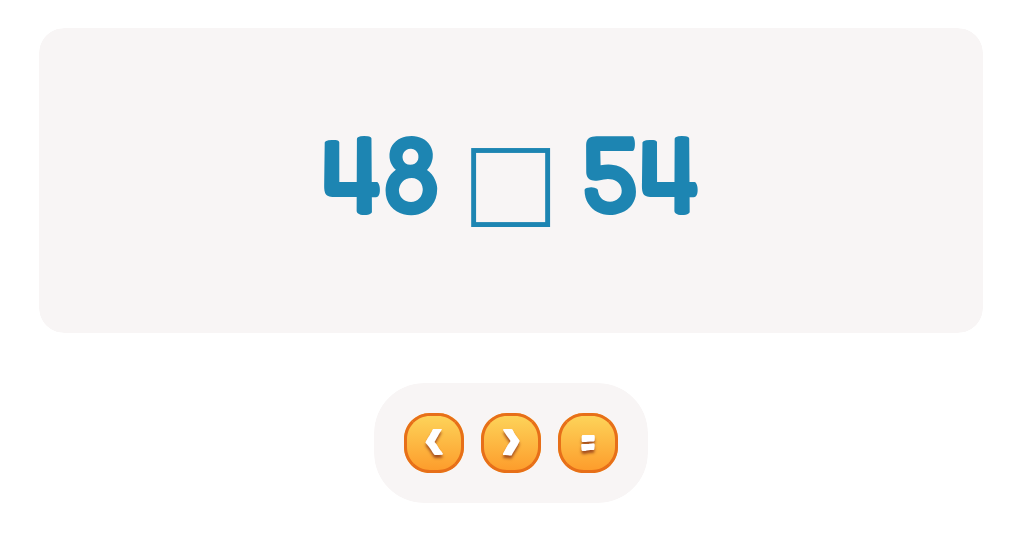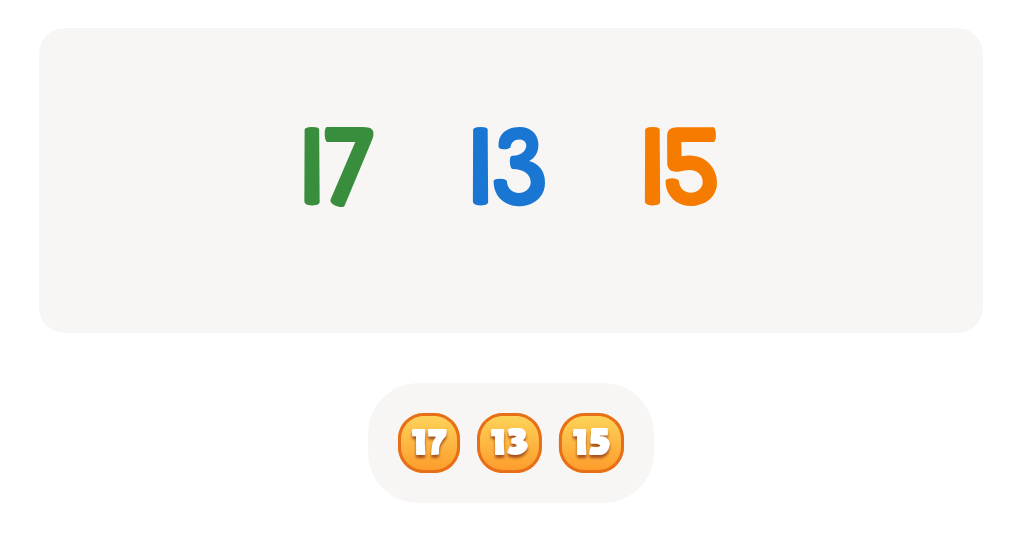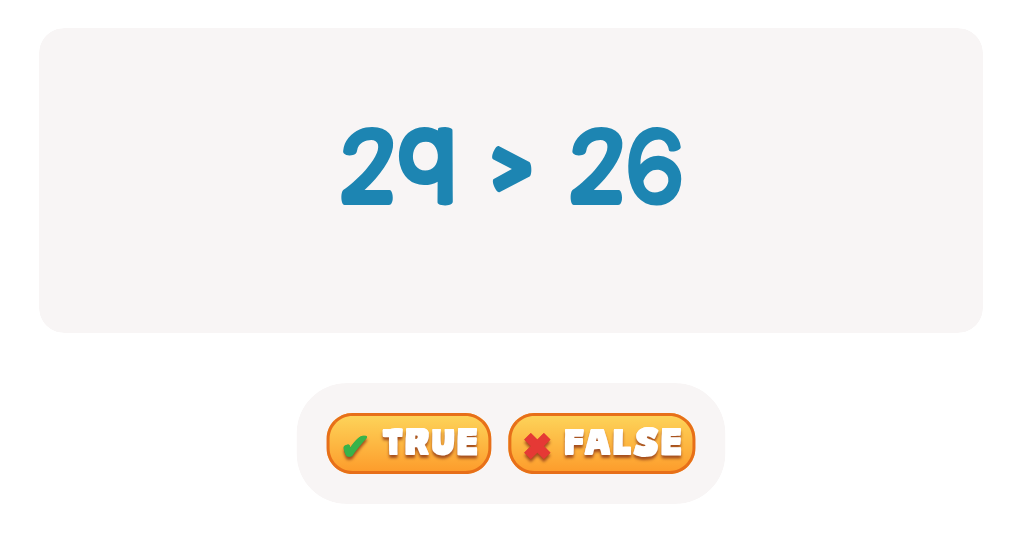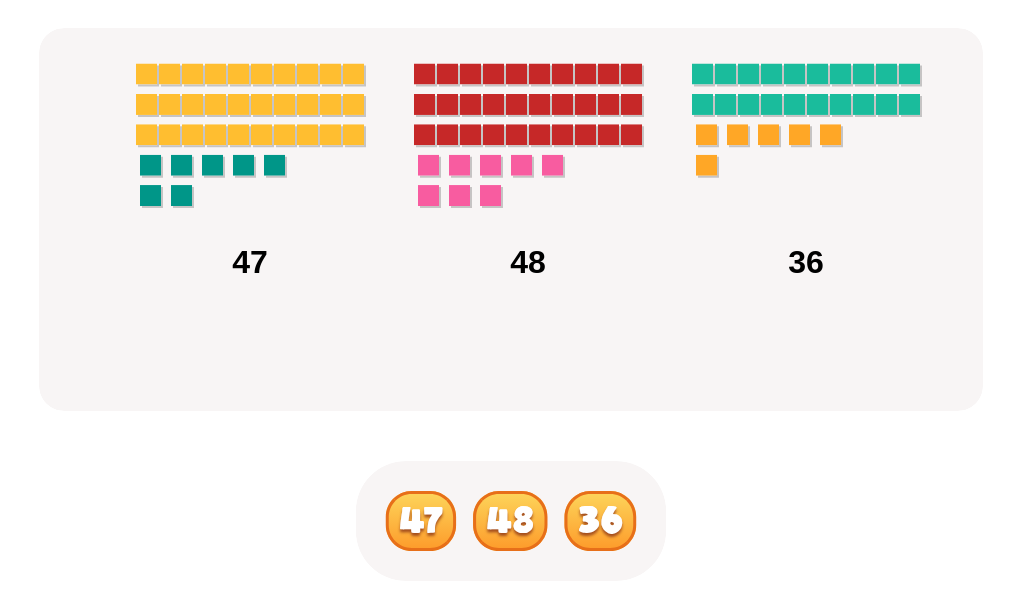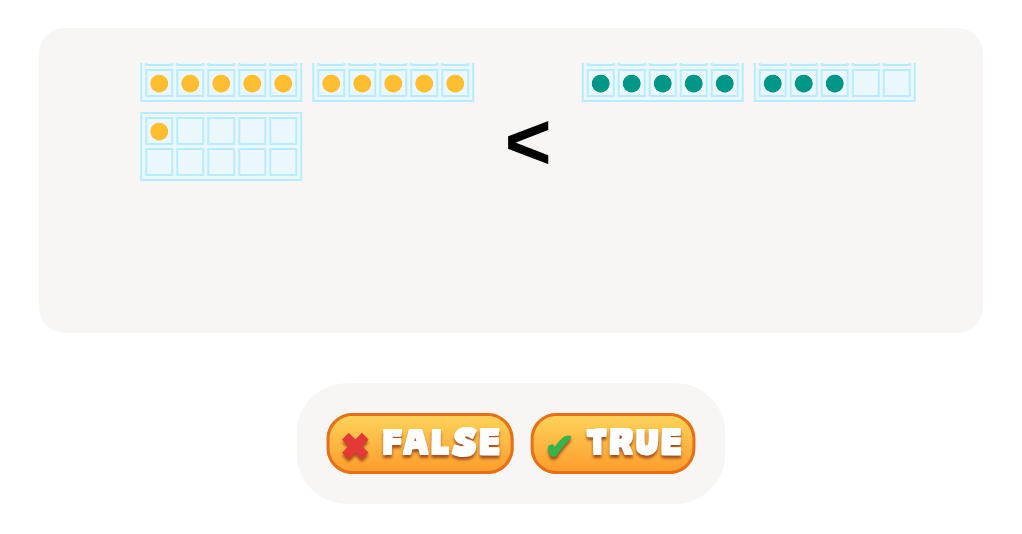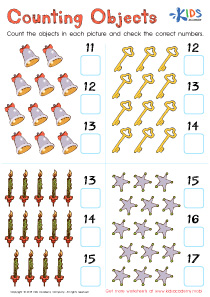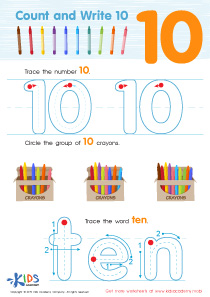Number Recognition Normal Comparing Numbers Worksheets for Ages 3-8
7 filtered results
-
From - To
Enhance your child's numerical skills with our engaging "Number Recognition Normal Comparing Numbers Worksheets." Perfect for ages 3-8, these worksheets are designed to facilitate early math learning. Through fun comparing exercises, children will build a strong understanding of quantities, counting, and number sequencing. Each worksheet encourages kids to recognize, compare, and choose the correct numbers, fostering critical thinking and problem-solving abilities. Ideal for parents and educators, these resources support effective early childhood education, ensuring that learning is both enjoyable and impactful. Visit Kids Academy to unlock a library of printable worksheets to boost your child's confidence and math proficiency.
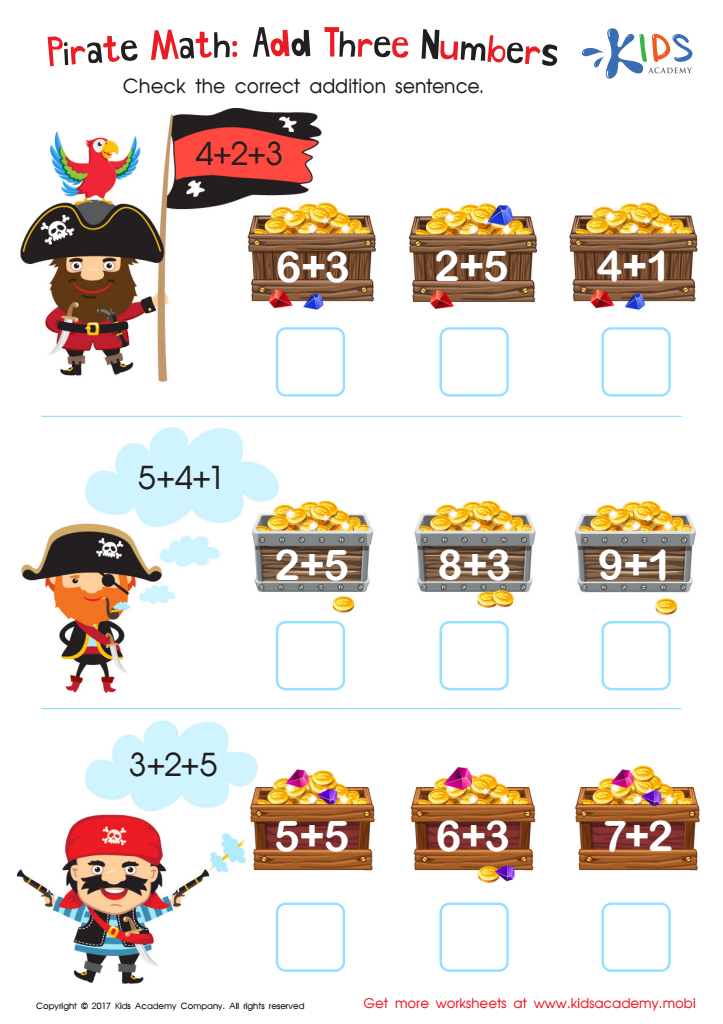

Pirate Math Printable
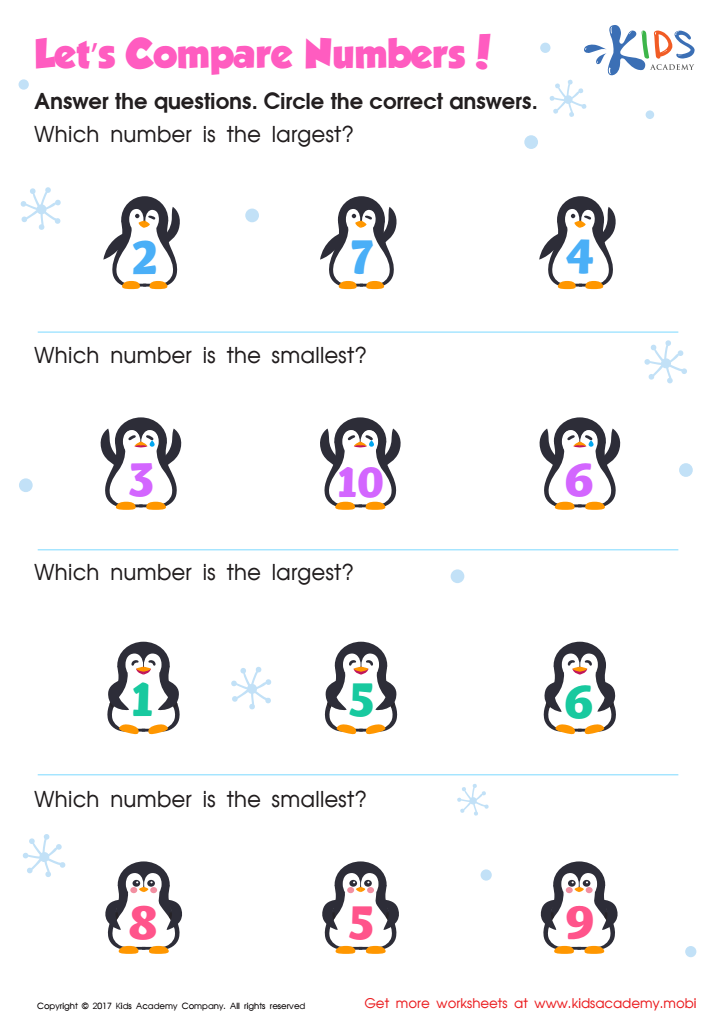

Comparing Numbers 1–10 Worksheet Kindergarten
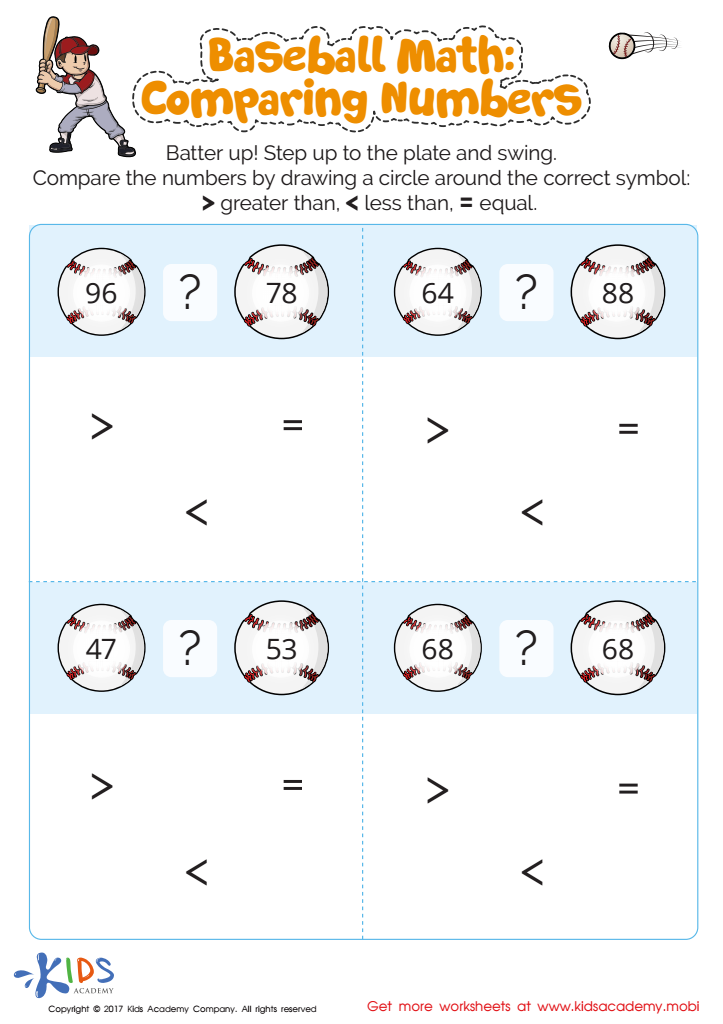

Compare Numbers Printable
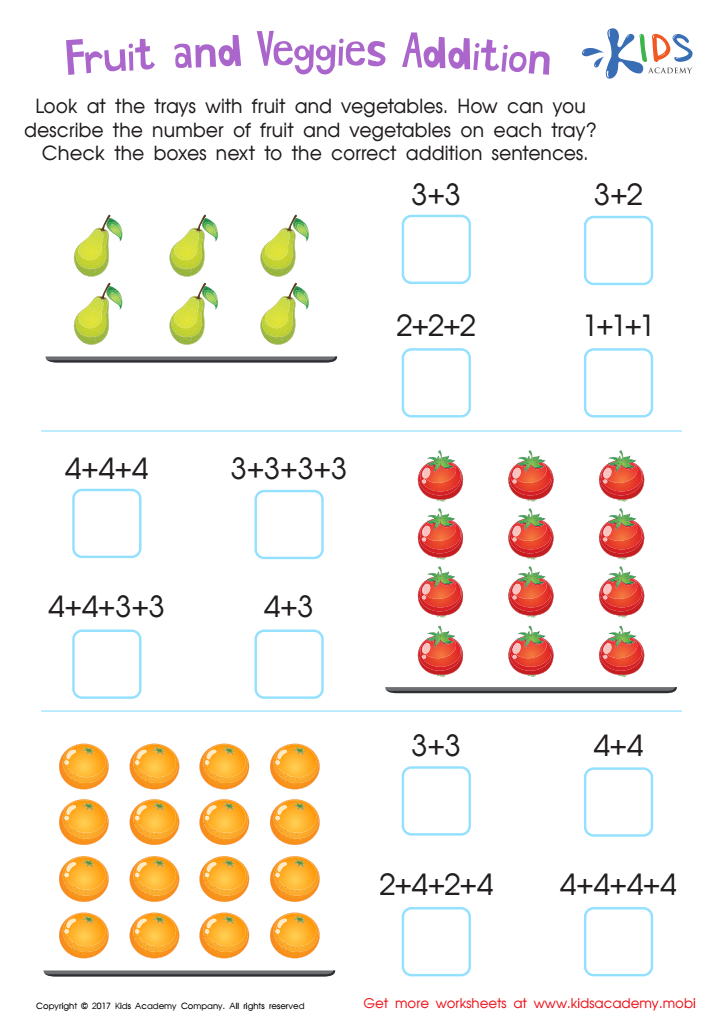

Fruit and Veggies Worksheet
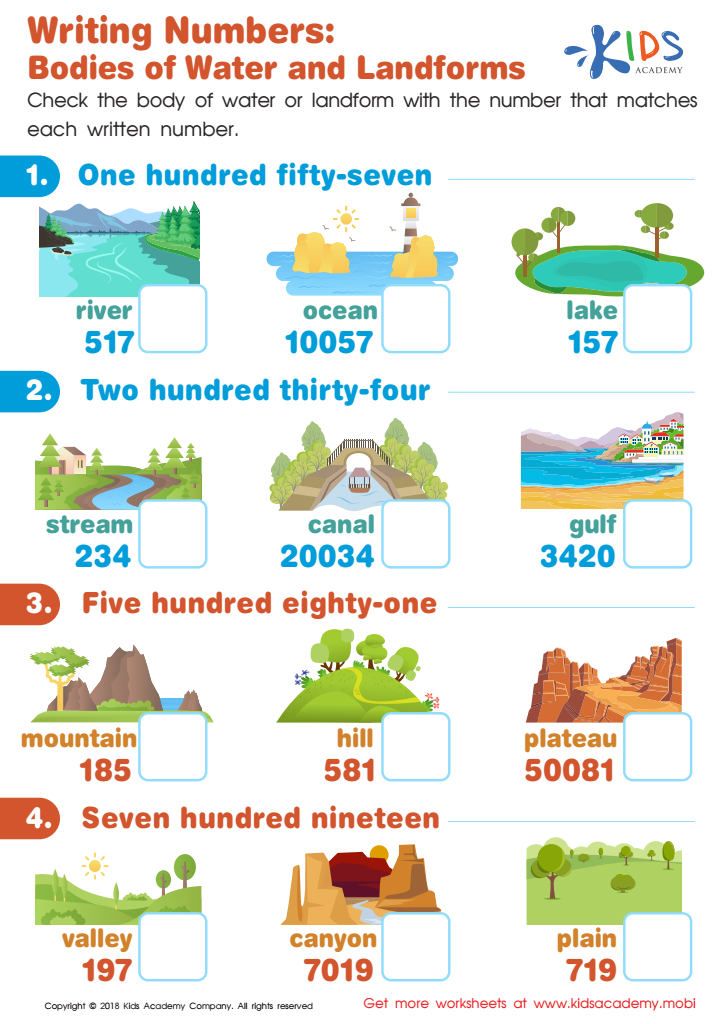

Bodies of Water and Landforms Writing Numbers Worksheet
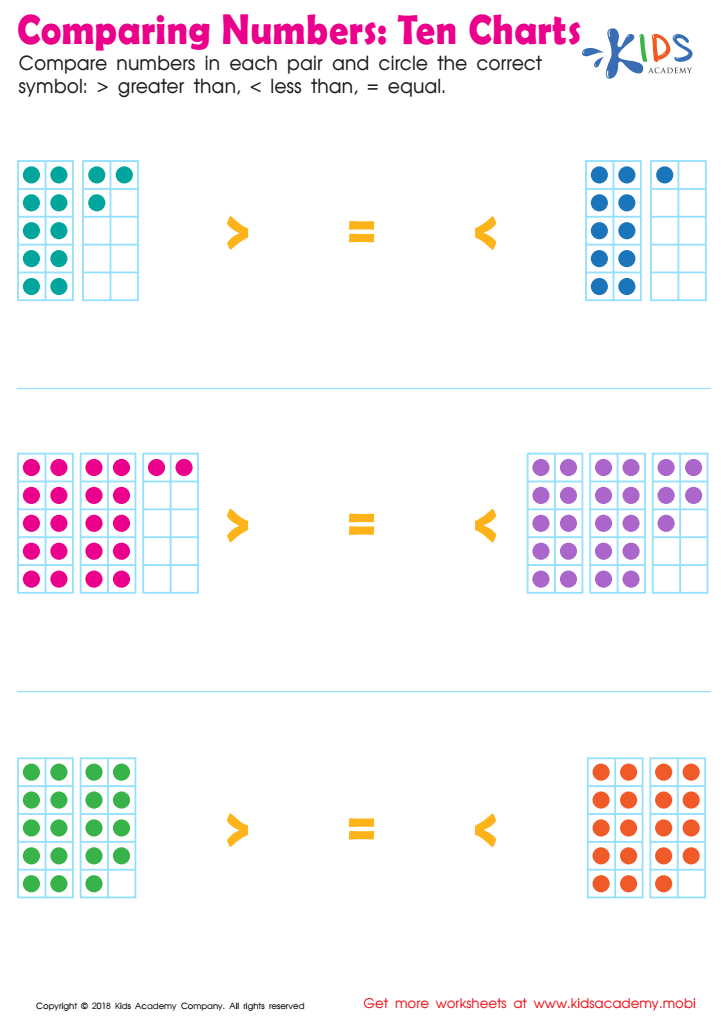

Ten Charts Worksheet
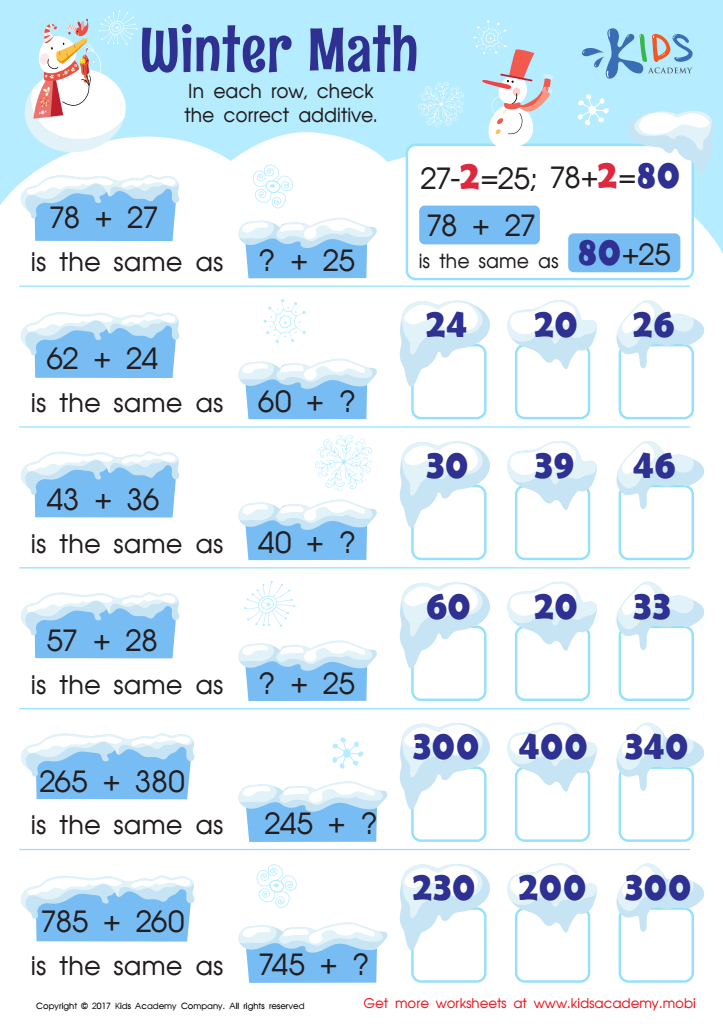

Free Addition Worksheet
Understanding number recognition and the concept of comparing numbers is foundational for children ages 3-8 and should be a priority for parents and teachers. At this stage in a child's development, their brains are highly receptive to learning basic mathematical principles that will form the cornerstone of their future mathematical understanding.
Firstly, number recognition—the ability to identify and name numbers—helps children make sense of the world around them. Numbers are ubiquitous in daily life, from telling time to counting objects, and early familiarity with them eases day-to-day interactions and opens the doors to more complex mathematical concepts later on.
Comparing numbers, which involves understanding concepts like greater than, less than, and equal to, further enhances critical thinking skills. By introducing these concepts early, children can learn to categorize and sort items, make decisions based on quantity, and develop a sense of numerical order and hierarchy. This is crucial for later mathematical tasks such as addition, subtraction, and even more complex operations.
Incorporating these skills into early education also builds confidence and reduces anxiety around math. Children who grasp these basic concepts early are less likely to struggle with math in later grades, setting them up for academic success. Overall, fostering number recognition and comparing ability equips children with essential life skills, ignites curiosity, and forms a strong foundation for lifelong learning.
 Assign to My Students
Assign to My Students
